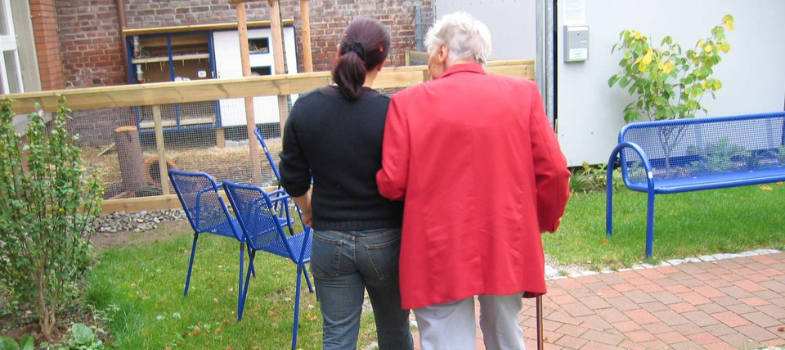Glossary
- basal ganglia
- The part of the brain that controls movement. It is made up of different parts, including the substantia nigra, which produces dopamine.
- bradykinesia
- Slow movements – one of the three main symptoms of Parkinson’s.
- cognitive processes
- Mental processes involving thinking and memory.
- delusions
- When a person has thoughts and beliefs that aren’t based on reality.
- dopamine
- A neurotransmitter or chemical messenger. This chemical transmits messages between the brain and muscles that help people to perform sequences of movements. Dopamine also contributes to some thinking and memory processes.
- hallucinations
- When a person sees, hears, feels, smells or even tastes something that doesn’t exist.
- hypomimia
- The loss of facial expression caused by difficulty controlling facial muscles.
- idiopathic Parkinson’s
- When a person’s Parkinson’s has no specific known cause.
- motor symptoms
- Symptoms that interrupt the ability to complete learned sequences of movements.
- multidisciplinary team
- A group of healthcare professionals with different areas of expertise who can unite and treat complex medical conditions. Essential for people with Parkinson’s.
- neurological
- Involving the nervous system (including the brain, spinal cord, the peripheral nerves, and muscles).
- non-motor symptoms
- Symptoms associated with Parkinson’s that aren’t associated with movement difficulties.
- parkinsonism
- An umbrella term that describes conditions which share some of the symptoms of Parkinson’s (slowness of movement, stiffness and tremor).
Back to previous pagePrevious
1.10 Summary
